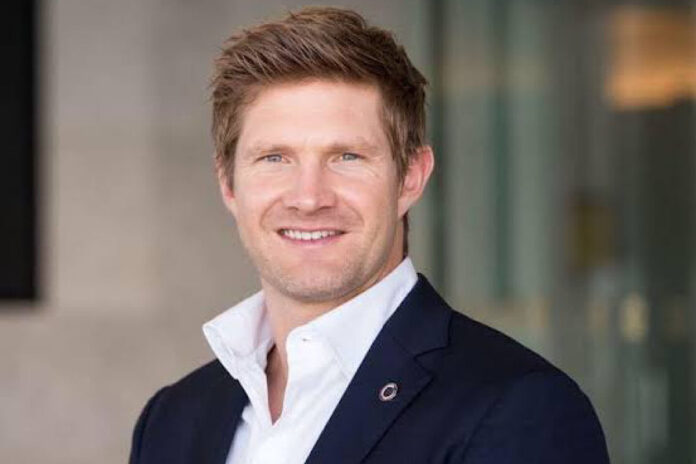melbourne, Apr 29
Try, try and try again until you succeed” …this proverb aptly describes former Australian all-rounder Shane Watson and his recently launched book ‘The Winner’s Mindset’ which talks about how to get success even in the darkest period of life.
According to the book, having a winner’s mindset means believing in yourself, setting goals, and never giving up, no matter how tough things get. By staying positive, determined, and focused on your dreams, you can overcome challenges and reach new heights of success. Watson shares the secrets that helped him tap into his skill set at will. As described in the first chapter of the book ‘Skillset vs Mindset’, he talks about how cricketers raise the question — If I am able to play well in the nets, why not in a match? “The answer to it is that skillset which is everything you learn and develop. It is your hand-eye coordination and time skills, which are part of the skillset. Whereas a mindset is the mental environment in which our skills are expressed… One should know whether one’s mindset is pure or corrupt?,” he writes in the book. Watson notes that in September 2015, he was planning to announce retirement from cricket although he was in good shape. His form deteriorated following the bouncer incident which took Australian batter Phil Hughes’ life the year before. Mentally, he was in the darkest hole of life.
He had a chance meeting with IndyCar champion Will Power in 2015. They met at a rugby league awards night. The driver told Watson how his driving and personal life had been rocked by the death of a good friend, Dan Wheldon, in an IndyCar race in Los Vegas in 2011. Before meeting Power, 42-year-old Watson was battling the inner demon and he admitted that he was “petrified” that he would suffer the same fate. This meeting not only helped Watson, but also introduced the IndyCar Champion to Dr. Jacques Dallaire, a mental-skilled guru based in the United States. “Jacques has experience working in the motor racing world. Right from Formula 1 to IndyCar. He had even worked with fighter pilots and US Army personnel.
Meeting the mental skill coach, Watson was so influenced that he flew to North Carolina to enroll in Dallaire’s mental skill program and for the next four years he followed the skilled guru,” according to the book.
Watson also compares the human mind to that of an iceberg. In the chapter ‘The Human Mind: The Iceberg’, he writes that there are two key dimensions of the human mind: the conscious mind, which he compares to the skipper of the ship and the unconscious mind, which he compares to the crew of the ship.
He further elaborates that we are in control of our conscious mind, and we cannot directly control the unconscious mind, but we can influence it.
In the same chapter, he talks about the ACT model process, which changed former Australian cricketers’ lives. ACT here refers to acceptance and commitment therapy, coined by Steven C. Haynes.
This model invites people to be open to unpleasant feelings and not overreact to them.
The next chapter of the book is quite motivational, where the author talks about how to fight against the fear of failure, as he says, “Low confidence means excess fear of failure.”
The Australian sportsman gives examples from his cricketing days, such as when you are playing well, when you are scoring a high score, when you are confident, and when you just go to the next game without any fear.
Whereas, on the other hand, if things are not going well and results have been bad for a while, then you start doubting yourself in all aspects of life; this is what gives birth to the fear of failure.
‘The Winner’s Mindset’ should be read by those who have fear of failure in life. It inspires youngsters to work with a positive mindset and start loving one’s work.
The book, priced at Rs 499, has been published by Harper Collins.



























